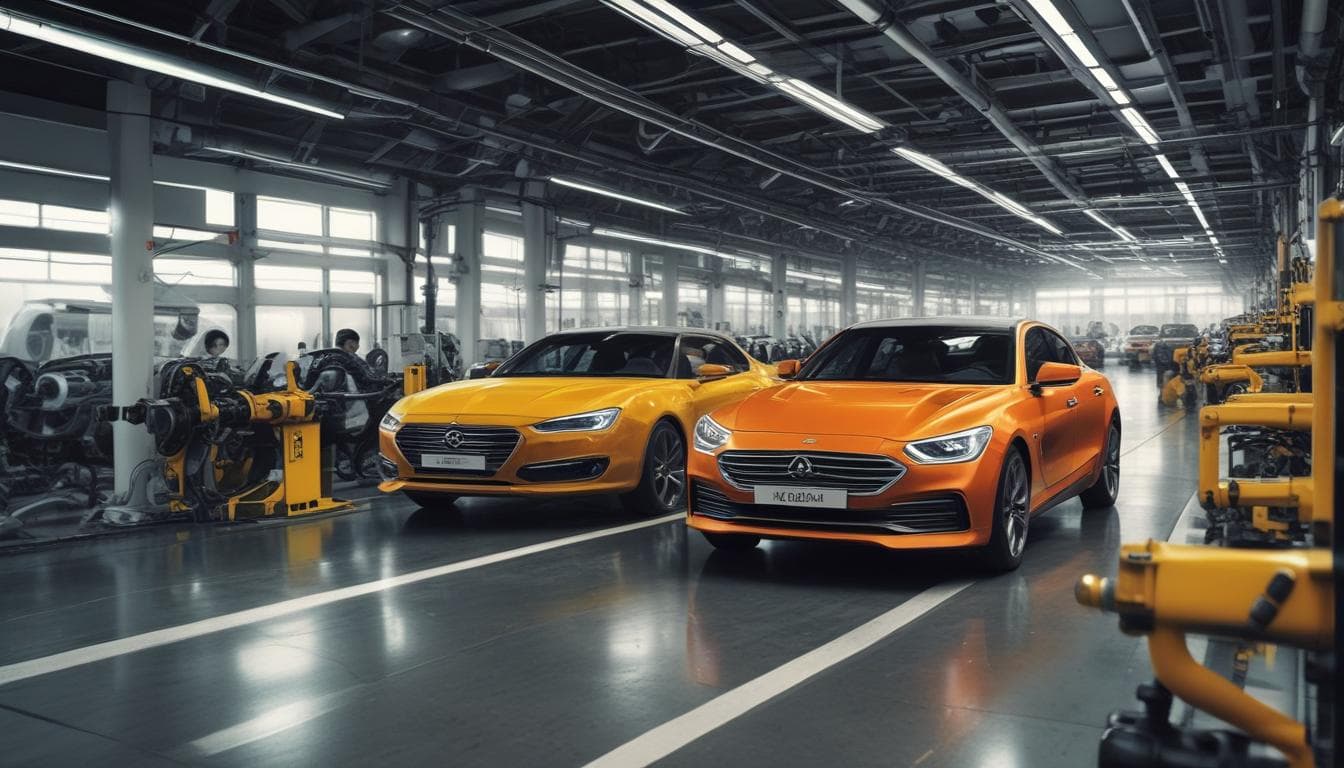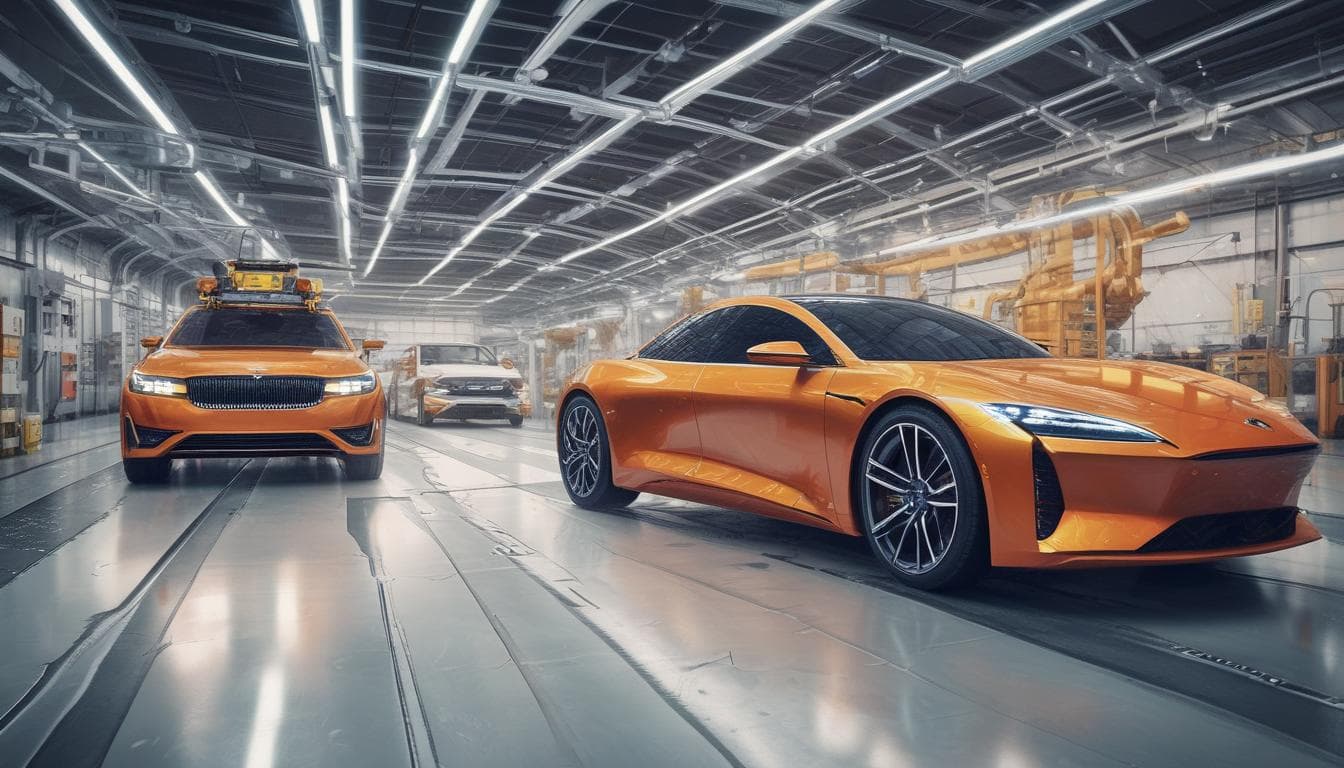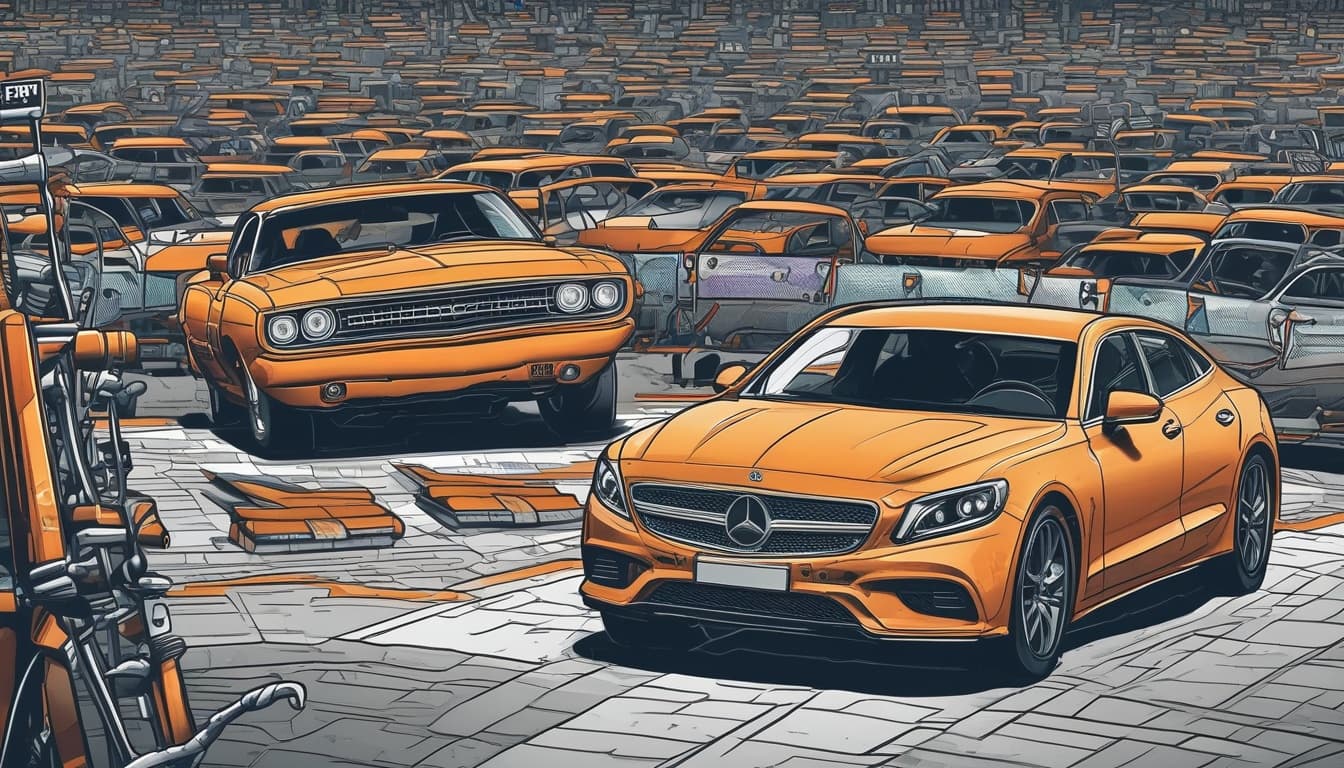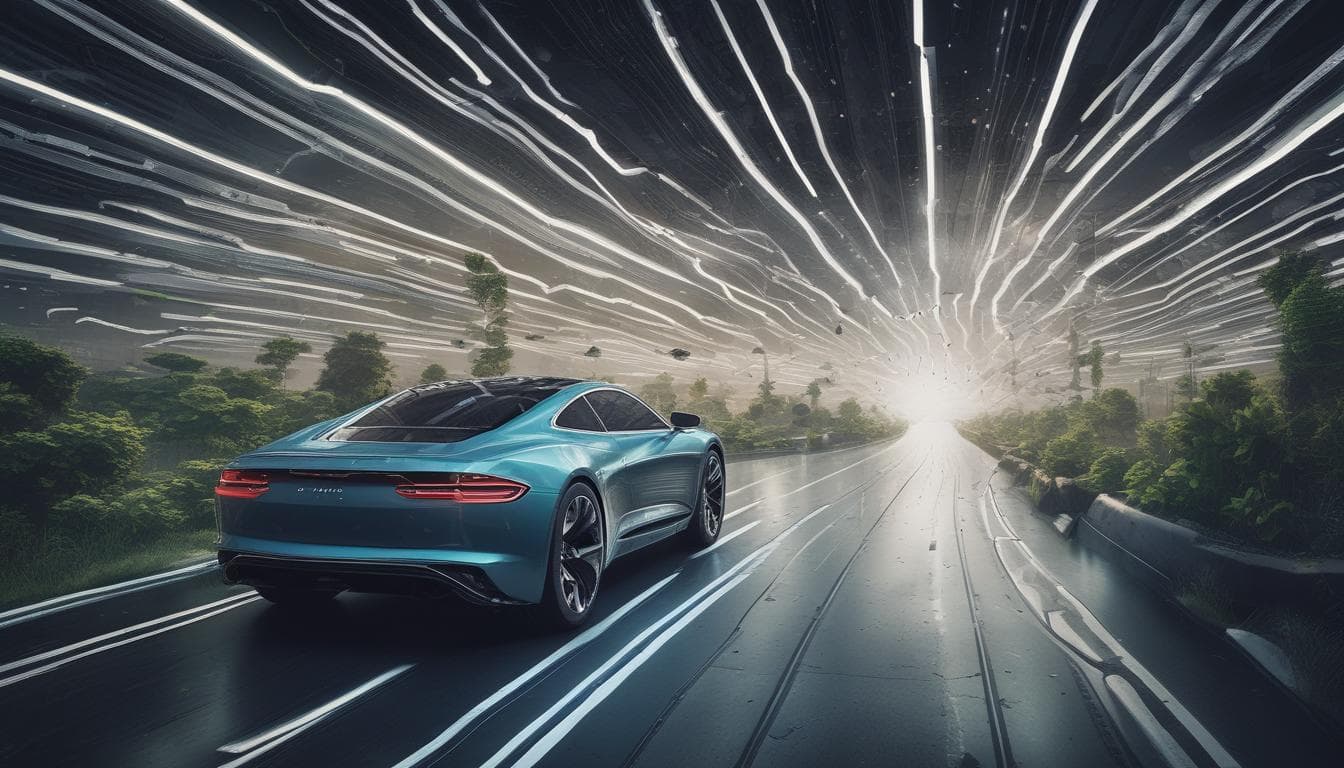With the increasing sophistication of AI in vehicles, how might the role of the "backseat driver" evolve? Will AI coaching and real-time feedback enhance driving skills, or could it lead to over-reliance and a decline in driver competence? What social and psychological impacts might arise from this shift?
That's a fascinating question, and it really touches on some core shifts happening in the automotive world! The idea of AI as a backseat driver is a compelling one, and it brings up a lot of interesting possibilities and potential challenges.
Here are some of my thoughts on the evolution of the 'backseat driver' in the age of AI:
Potential Benefits of AI Coaching:
- Enhanced Driving Skills: AI could provide real-time feedback on driving habits, such as speeding, harsh braking, and improper lane changes. This could lead to drivers being more aware of their actions and improving their skills over time.
- Personalized Training: AI could adapt to individual driving styles and provide tailored feedback, focusing on specific areas where a driver needs improvement. This is far more effective than generic advice.
- Increased Safety: By alerting drivers to potential hazards and providing warnings about risky behavior, AI could play a crucial role in reducing accidents.
- Fuel Efficiency: AI could also provide tips on how to drive more efficiently, leading to fuel savings and a reduced environmental impact.
Potential Challenges and Concerns:
- Over-reliance on AI: There is a risk that drivers could become overly reliant on AI assistance, leading to a decline in their own driving skills and critical thinking abilities. If the AI fails or is not available, drivers might struggle to handle situations independently.
- Reduced Situational Awareness: Constant AI feedback could potentially distract drivers from focusing on their surroundings, leading to a decrease in situational awareness. It's essential that the AI is designed to be helpful without being intrusive or distracting.
- Privacy Concerns: If the AI is constantly monitoring driving behavior, there could be valid concerns about data privacy and how that data is used.
- The 'Nanny' Effect: Some drivers may find constant AI coaching to be annoying or patronizing, leading to resistance or even disengagement from the system.
Social and Psychological Impacts:
- Shift in Responsibility: With AI taking on more of the driving 'burden,' there could be a shift in how people perceive their role as drivers. Some might feel a loss of control or a reduced sense of responsibility.
- Changes in Learning: Future generations might learn to drive differently, relying more on AI assistance than previous generations did. This could have implications for how driving education is structured.
- Impact on Passenger Dynamics: The traditional backseat driver dynamic might disappear, as AI takes on this role. This could change the way passengers interact with the driver and how they experience the journey.
It's also worth considering how this ties into the broader technological changes in the automotive industry. For example, the rise of advanced driver-assistance systems (ADAS) is a key stepping stone towards more sophisticated AI-driven driving experiences. If you're interested in learning more about this, you might find this article on the evolution and impact of ADAS insightful.
Ultimately, the evolution of the 'backseat driver' will likely depend on how well AI systems are designed and integrated into the driving experience. We need to find a balance between leveraging the benefits of AI and ensuring that drivers remain engaged, responsible, and competent behind the wheel. I'm curious to hear what others think about this – are there other impacts or considerations we should be thinking about?
이 주제에 대해 더 알아보기
대화에 참여하기
- 자율주행 시대: 예측, 단리, 그리고 산업 발전 방향
자율주행 기술의 발전이 자동차 산업 생태계에 미치는 영향과 기대되는 변화에 대한 토론입니다. 자율주행 시장의 미래와 발전 방향에 대한 여러분의 통찰력을 공유하세요.
- 자율주행 시대에 대한 회의적 시각과 미래 자동차 산업
자율주행 기술의 발전과 함께 회의적인 시각도 존재합니다. 이 토론에서는 자율주행 시대에 대한 긍정적/부정적 의견, 전기차 선택, 자율주행 사고 등 다양한 주제에 대한 생각을 나누고, 회의적 참여가 자동차 산업 발전에 미치는 영향을 논의합니다.
- 자율 주행차가 도시의 미래를 어떻게 바꿀까요?
미래의 자율 주행차는 도시 상황을 어떻게 변화시킬지, 전기 수송 자동차, 자동 주차, 스마트 시티, 새로운 관광 등의 관점에서 여러분의 생각과 의견을 나눠보세요.





